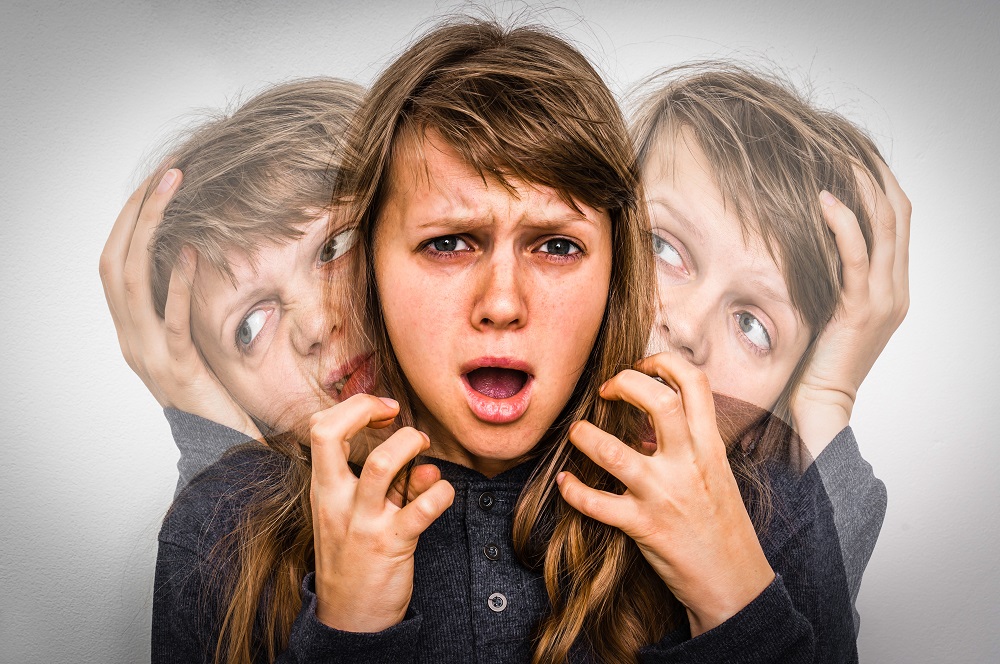The Social Security Administration (SSA) acknowledges that a broad range of mental illnesses could potentially result in long-term or total disability. However, for you to be eligible for disability benefits for mental impairments in Salt Lake City, for example, a doctor should diagnose your condition and it should meet the following criteria to be considered a disability.
- Your mental illness prevents you from working, which you may have been doing up to now or before applying for disability.
- Your mental illness has been at least one year.
- Your mental illness renders you unable to train for any other job.
Mental Illnesses Recognized as Disabilities
The following are mental illnesses that the SSA recognizes as disabilities:
- Affective Disorders – These include mood disorders like bipolar and depression that do not directly result from brain abnormalities.
- Psychotic Disorders – These include paranoia and schizophrenia. Depending on your specific case, these illnesses may qualify you automatically for SSD benefits upon their diagnosis and also make you eligible for a compassionate allowance.
- Organic Disorders – These include dementia, delirium, and mental conditions that impact your nervous system, including Alzheimer’s.
- Mental Retardation – These include various learning disorders such as attention deficit hyperactivity disorder (ADHD).
- Somatoform Disorders – These are mental disorders that display themselves in symptoms of injury or illness, but have no discernible cause.
- Anxiety-Related Disorders – These include panic attacks as well as other types of abnormal phobias and fears.
- Personality Disorders – A lot of mental disorders are under this category. They are characterized by inner deviant behavior and experience that the general society deems abnormal. These disorders include passive-aggressive disorder and obsessive-compulsive disorder (OCD).
- Pervasive Developmental Disorders – These include autism and mental disabilities affecting a person’s behavior and social, communication, and cognitive skills.
- Substance Addiction Disorders – These include drug addiction to illegal or prescription medications and alcoholism.
This list is by no means complete. The important thing to remember is that any mental illness that renders a person incapable of doing “gainful work” can be eligible for SSA disability benefits.
Potential Problems When Applying for Disability Benefits

Because diagnosing plenty of mental illness could be subjective, it could be time-consuming and tough to show the SSA that your specific mental illness could qualify you as disabled based on their specific definition. In order to increase your chances of approval, you should keep a day-to-day journal describing how your illness impacts your daily life.
But do not just limit yourself to recording how your condition is affecting your job. When trying to determine your eligibility for disability benefits, the SSA will also consider your everyday activities, which includes your ability to do even simple household chores. So, make sure to take note of those as well.
In addition, you should have your doctor, psychiatrist, and past employers and colleagues write testimonies that detail how your mental illness has negatively affected your work life. It is also a good idea to seek help from a lawyer who has extensive experience in securing disability benefits for mental impairments.

